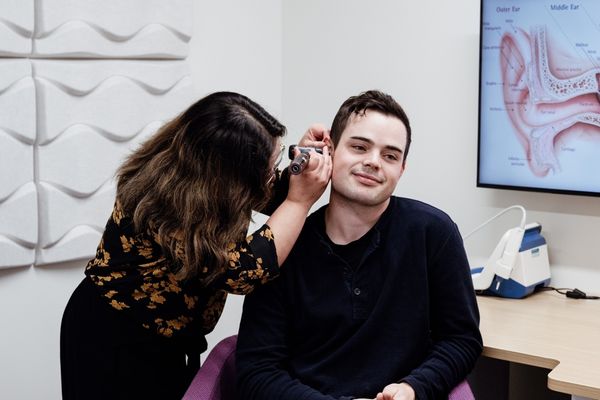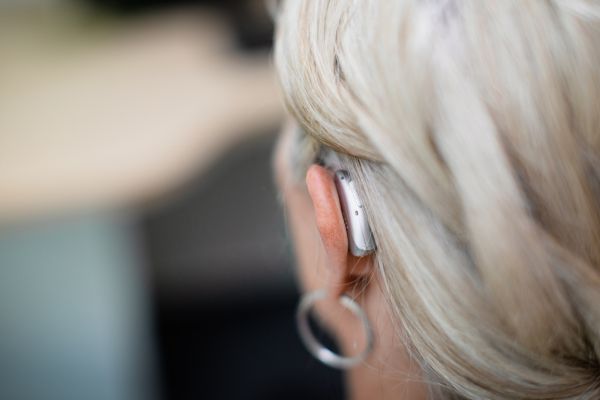Types of tinnitus: everything you want to know about

Types of tinnitus: everything you want to know about
10 min. read
Published 23 March 2022
Reviewed 3 February 2025
Millions of people experience ringing in the ear, also known as tinnitus. Some suffer only for a short period, others much longer, for weeks, months, and sometimes even years. Although it is difficult to say precisely how many people hear occasional or long-lasting ringing, roaring, buzzing in the ear, the problem is widespread.
While the blanket term "ringing in the ear" gives the impression that everyone experiences the condition the same way, in reality, tinnitus has many different types. Depending on the type, treatment may be different.
For some people, tinnitus is barely noticeable, while it can become almost debilitating for others. Although scientists have a good understanding of the types and possible causes of tinnitus, there is no known cure for it.
Before we go into detail about the various tinnitus types, let's touch on what causes tinnitus in the first place.
What are the most common causes of tinnitus?
Doctors do not know with certainty what causes the sensations of ringing in the ear. This uncertainty is why it is important to get your ears checked by a hearing professional. For instance, an audiologist can determine if your auditory system is damaged or if there are other possible causes for your hearing troubles.
Some of the most common causes are:
- Certain prescription drugs
- Exposure to excessively loud noise
- Jaw joint dysfunction (TMJ)
- Chronic neck muscle strain
- Cardiovascular disease
- A tumor that creates pressure on the arteries in the neck and head
The main types of tinnitus include subjective tinnitus, objective tinnitus, somatic, sensory and neurological tinnitus.
Other types of tinnitus
The information contained in this article is for educational and informational purposes only. You should not use the information as a substitute for, nor should it replace, professional medical advice. If you have any questions about your health, you should always consult with a physician or other health-care professional.







